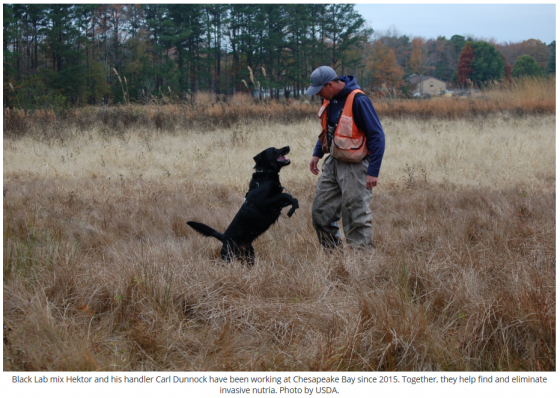Travelers might flock to, or flee Delta Airlines, depending on how they feel about emotional support and service animals. The company announced two risk management provisions as changes to its service and support animal policy with regard to the ages of the animals as well as flight durations:
- Effective Dec. 18, 2018: Service and support animals under four months of age are not allowed on any flight due to rabies vaccination requirements. Additionally, emotional support animals are no longer allowed to be booked on flights longer than eight hours. If you purchased your ticket prior to Dec. 18 and have requested to travel with an emotional support animal, it will be OK to travel as originally ticketed.
- Effective Feb. 1, 2019: For customers originating travel on or after Feb. 1, 2019, Emotional support animals will not be accepted on flights longer than eight hours after regardless of booking date.
These announcements follow the July notice that the airline would only allow one emotional support animal per customer and that it would no longer allow pit bulls.
The Los Angeles Times reported that passengers who had asked to bring a support animal on a long flight and bought their ticket before Dec. 18 will be allowed to fly with the animal until Feb. 1.
Delta’s policy says passengers who want to travel with support or service animals must comply with the U.
S. Department of Agriculture rule that pets be at least 8 weeks old and fully weaned before they can fly. Whether other airlines and transportation companies follow Delta’s policy pattern remains to be seen.
Service v. Support
In April, Risk Management magazine discussed the risks associated with assistance animals on flights and in businesses. While most people are more sympathetic to the need for a seeing-eye dog, the concept of emotional support animals, by contrast, is still relatively new and possibly dangerous.
“This can cast reasonable doubt on claims about the need for an assistance animal, particularly with the ‘alternative’ animals like pigs, rabbits and ducks that have drawn notable media attention,” Risk Management reported.
The Americans with Disabilities Act (ADA) defines service animals as “any dog that is individually trained to do work or perform tasks for the benefit of an individual with a disability, including a physical, sensory, psychiatric, intellectual, or other mental disability.”
Furthermore, “the work performed by a service animal must be directly related to the individual’s disability, such as guide or Seeing Eye dogs…”
Psychiatric service animals are not the same as emotional support or comfort animals, which are not considered service animals under the ADA. Delta also hosts a resource page that explains the difference between trained service animals and emotional support or psychiatric service animals:
On Delta flights, service and support animals are expected to be seated in the floor space below a passenger’s seat or seated in a passenger’s lap. Service and support animals and their associated items travel for free. The size of the animal must not exceed the “footprint” of the passenger’s seat.
- Items include a kennel, blanket, toy, food or similar item
- Passengers traveling with emotional support or psychiatric service animals must complete the required paperwork and customers traveling with a trained service animal are encouraged to submit it at least 48 hours before a flight
- Download Trained Service Animal Required Documentation
- Download Emotional Support/Psychiatric Service Animal Required Documentation

 Today, March 23 is National Puppy Day, celebrated by organizations everywhere that benefit from the smarts and loyalty of our canine friends. Dogs assist humans in a number of situations including bomb-sniffing dogs on the battlefield, TSA dogs used in airports to locate contraband and as reported
Today, March 23 is National Puppy Day, celebrated by organizations everywhere that benefit from the smarts and loyalty of our canine friends. Dogs assist humans in a number of situations including bomb-sniffing dogs on the battlefield, TSA dogs used in airports to locate contraband and as reported